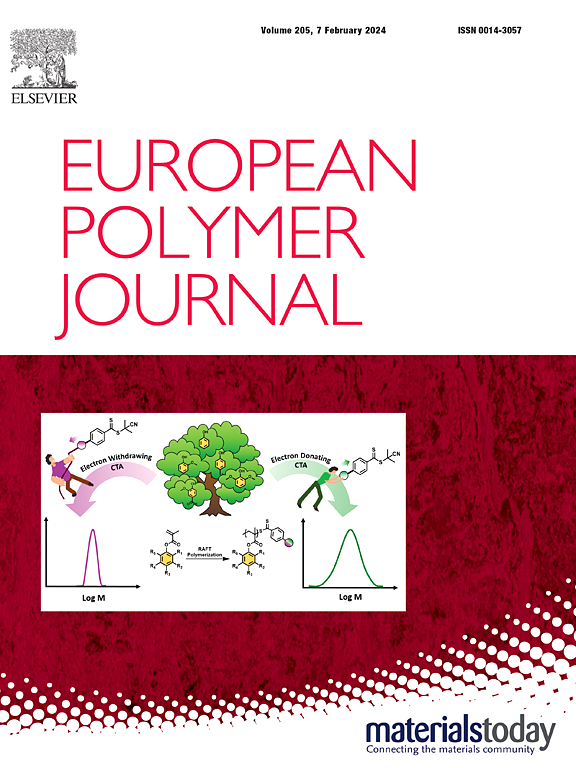Liposome-mediated anticancer drug delivery strategies for advancing brain tumor therapy
IF 5.8
2区 化学
Q1 POLYMER SCIENCE
引用次数: 0
Abstract
The treatment of brain tumors remains a formidable challenge due to the complexity of tumor biology and the restrictive nature of the blood–brain barrier (BBB). Current research emphasizes the development of advanced diagnostic tools and innovative therapeutic strategies. Recent findings highlight the intricate role of glia-neuron interactions in glioma progression and neuronal survival. Among emerging therapies, liposome-mediated anticancer drug delivery offers a promising approach, addressing critical hurdles like BBB permeability and the tumor microenvironment. This review discusses key advancements, including ligand-targeted liposomes, stimuli-responsive formulations, and integration with gene therapy, which collectively improve the specificity and efficacy of treatment for gliomas and other brain tumors. While these strategies show great potential, further research and interdisciplinary collaboration are essential to translate these innovations into clinical practice, paving the way for better therapeutic outcomes in brain tumor management.

脂质体介导的抗癌药物递送策略促进脑肿瘤治疗
由于肿瘤生物学的复杂性和血脑屏障(BBB)的限制性,脑肿瘤的治疗仍然是一个艰巨的挑战。目前的研究强调开发先进的诊断工具和创新的治疗策略。最近的研究结果强调了神经胶质-神经元相互作用在胶质瘤进展和神经元存活中的复杂作用。在新兴疗法中,脂质体介导的抗癌药物递送提供了一种有前途的方法,解决了血脑屏障通透性和肿瘤微环境等关键障碍。这篇综述讨论了主要的进展,包括配体靶向脂质体,刺激反应配方,以及与基因治疗的结合,这些共同提高了治疗胶质瘤和其他脑肿瘤的特异性和疗效。虽然这些策略显示出巨大的潜力,但进一步的研究和跨学科合作对于将这些创新转化为临床实践至关重要,为脑肿瘤管理中更好的治疗结果铺平道路。
本文章由计算机程序翻译,如有差异,请以英文原文为准。
求助全文
约1分钟内获得全文
求助全文
来源期刊

European Polymer Journal
化学-高分子科学
CiteScore
9.90
自引率
10.00%
发文量
691
审稿时长
23 days
期刊介绍:
European Polymer Journal is dedicated to publishing work on fundamental and applied polymer chemistry and macromolecular materials. The journal covers all aspects of polymer synthesis, including polymerization mechanisms and chemical functional transformations, with a focus on novel polymers and the relationships between molecular structure and polymer properties. In addition, we welcome submissions on bio-based or renewable polymers, stimuli-responsive systems and polymer bio-hybrids. European Polymer Journal also publishes research on the biomedical application of polymers, including drug delivery and regenerative medicine. The main scope is covered but not limited to the following core research areas:
Polymer synthesis and functionalization
• Novel synthetic routes for polymerization, functional modification, controlled/living polymerization and precision polymers.
Stimuli-responsive polymers
• Including shape memory and self-healing polymers.
Supramolecular polymers and self-assembly
• Molecular recognition and higher order polymer structures.
Renewable and sustainable polymers
• Bio-based, biodegradable and anti-microbial polymers and polymeric bio-nanocomposites.
Polymers at interfaces and surfaces
• Chemistry and engineering of surfaces with biological relevance, including patterning, antifouling polymers and polymers for membrane applications.
Biomedical applications and nanomedicine
• Polymers for regenerative medicine, drug delivery molecular release and gene therapy
The scope of European Polymer Journal no longer includes Polymer Physics.
 求助内容:
求助内容: 应助结果提醒方式:
应助结果提醒方式:


